Join us for a LIVE podcast with Lizette Ortiz to discuss nutrition tips during this time, suggested exercise types, the importance of warm-ups, and how…


Join us for a LIVE podcast with Lizette Ortiz to discuss nutrition tips during this time, suggested exercise types, the importance of warm-ups, and how…
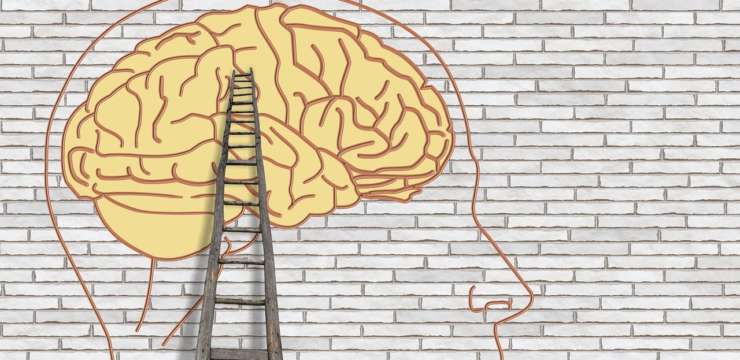
Depression is a natural response of the body and brain when there are biochemical imbalances occurring. These imbalances can involve toxicities, inflammation, metabolic issues, and genetic predispositions. When we are in a stressful state that lasts for too long, dysautonomia occurs and we burn out, leading to depression. Bun out is what occurs when any system is operating at too high of levels for too long. No matter what the issue is, depression or adrenal exhaustion, all chronic health issues can be related back to stress. We have the ability to test the neurotransmitters and take on depression from a holistic approach.
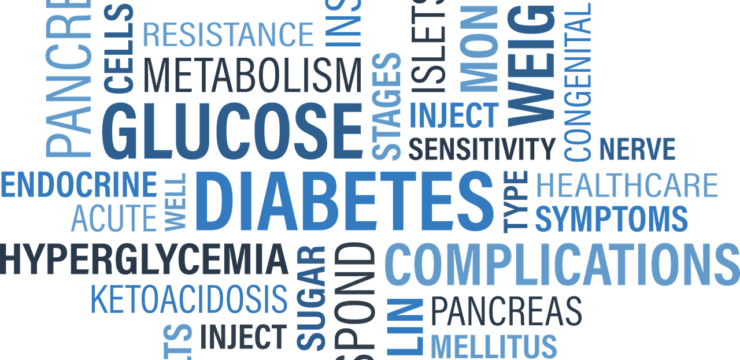
One of the best ways to reduce your chances of developing type 2 diabetes, or slow down the progression/reverse a diagnosis is to start with reducing inflammation. This is done by starting in the kitchen. Evaluate diet first. We should be eating clean locally sourced organic foods to fuel our cells and alter our genetic expression in a positive way. By eating pizza and chips we are adding fuel to the inflammation fire and throwing constant reactors at our genes, altering their expression to be pro-inflammatory rather than anti-inflammatory.
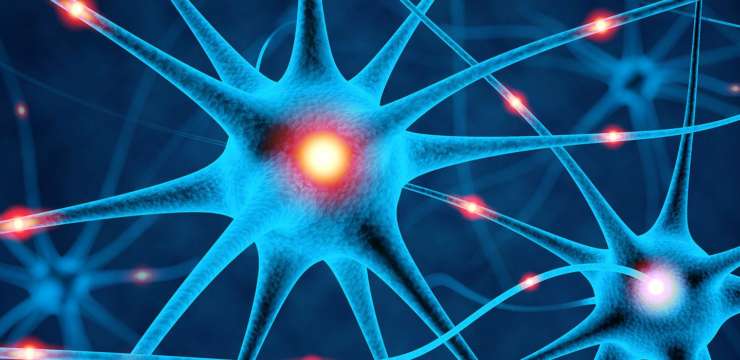
The mitochondria is the “powerhouse of the cellâ€. It obtained this nickname by being the creator of ATP, or the energy our body produces to carry out functions. However, the mitochondria is responsible for so much more than that. More recently, studies have been showing a link between mitochondrial health and degenerative age-related diseases such as type 2 diabetes, Alzheimer’s, and others. Mitochondrial dysfunction can be linked and grouped into three categories: neurodegenerative diseases, immune diseases, and hepatic diseases.

As humans, we share genetic similarities and differences. Our genes are associated with our cellular defense and the risk we have for diseases. Additionally, part of our genetic differences include the rate in which enzymes in our bodies operate. Enzymes are important when it comes to cellular health as they determine the speed and activity of genes. Our diet heavily impacts our genetic expression and the metabolic pathways involved in all cellular functions. In order to reduce muscle pain, improve skeletal and overall health, diet needs to be considered as one of the top forms of medicine.
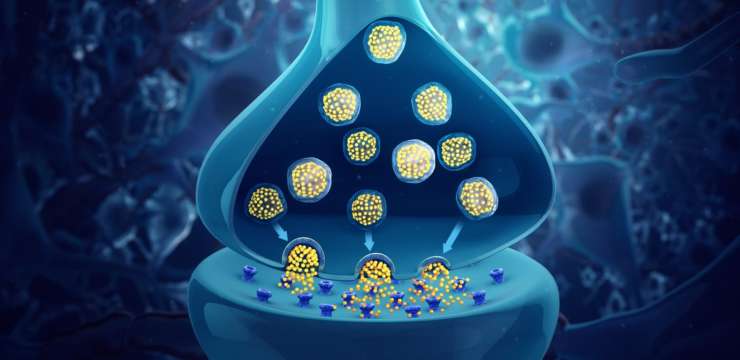
A neurotransmitter is a chemical messenger that regulates physical processes. Neurotransmitters are responsible for movement, pain, stress, emotions, cognition, energy, cravings, and more. Neurotransmitters imbalances are not only found in the brain but they are excreted outside of the Central Nervous System as well. Neurotransmitters play a role in influencing our digestion, nutrient absorption and impact our musculoskeletal system. When neurotransmitters are off-balance, individuals experience headaches, mood swings, anxiety, fatigue, pain, and depression. Using diagnostic lab technology, we have the ability to test our patients for neurotransmitter deficiencies.

Genetics play a large role in the onset of diseases and human physiology. One thing we know now more than ever is the heavy impact that nutrition has on these genes and the triggers to “turn on†or “off†a disease marker. New research is revealing that lifestyle, dietary components, mindsets, medication, and environmental factors are also responsible for the increase or decrease of gene activity. To help reduce methylation dysfunction, remember to reduce stress, remove toxins, and restore your body with the proper nutrients it needs!
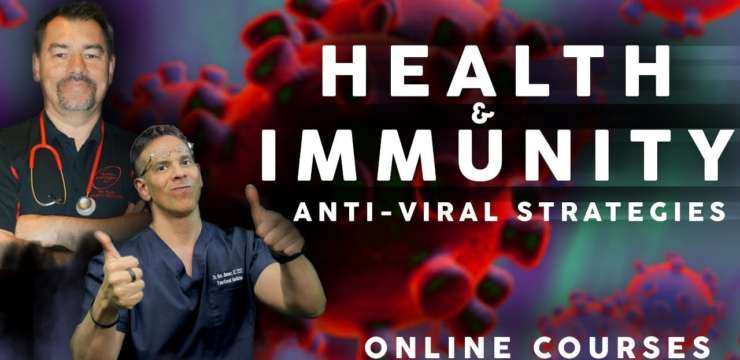
– If you have enjoyed this video and/or we have helped you in any way please feel free to subscribe and share us. Thank You…

PODCAST: Ryan Welage and Alexander Jimenez, both medical students at the National University of Health Sciences, discuss the several new approaches that they developed in…

The majority of women who are diagnosed with breast cancer continue to use dietary supplements throughout their treatments and for the continuum of their care. Working with your doctor and adding in natural supplements could help decrease your chance of recurrence. Some studied natural supplements include multivitamins, green tea, melatonin, and curcumin. Additionally, adding in 2.5 hours of exercise a week helps improve your chance of fighting off cancers. That’s only 30 minutes a day, 5 times a week!
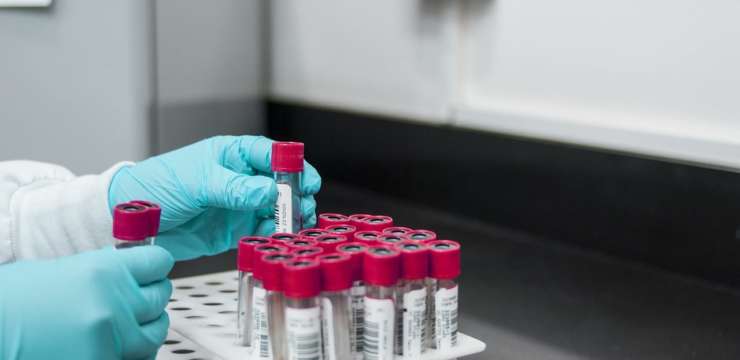
Biomarkers are one of the essential ways practitioners are able to assess the flora residing in the gastrointestinal tract. Genova breaks down lab results into a D.I.G. method, representing Digestion and Absorption, Inflammation and Immunology, and Gastrointestinal Microbiome. These are all key factors in determining, diagnosing, and treating leaky gut, intestinal permeability, and other health conditions. These are important when determining overall health status. This is a great way to get started on repairing your gut for optimal health!

Can bacteria be impacting your mental health? Throughout the past 10 years, the evidence is coming to light showing that there is a link and relation to certain bacterias and aspects of mental health. Research has shown that increased levels of clostridia are linked to disorders such as autism, depression, and more. It is important to keep an eye on your digestive tract and gastrointestinal health, as uncomfortable symptoms may be an indicator that something needs to be evaluated by a health care professional.

Organic Acid Testing!
Lab testing is essential before treating symptoms. Organic acid testing tests the chemical compounds that are excreted in the urine. Organic acids can represent anemia, lethargy, hyperactivity, dermatitis and more. Often times, once lab work reveals what organic acids are present, an all-natural holistic approach is created to treat organic acids and repair damage.

Pathogens: What are they?
Pathogens are bacteria, viruses, or other microorganisms that can cause disease. The most common pathogens we see today are bacterial pathogens, parasitic pathogens, and fungal pathogens.
The first step to overcoming pathogens is to have lab testing performed. Lab testing will provide your practitioner with the necessary information to determine what pathogen is overgrowing in your gut. From here, the plan can be created to properly assess the pathogen and repair a healthy gut.
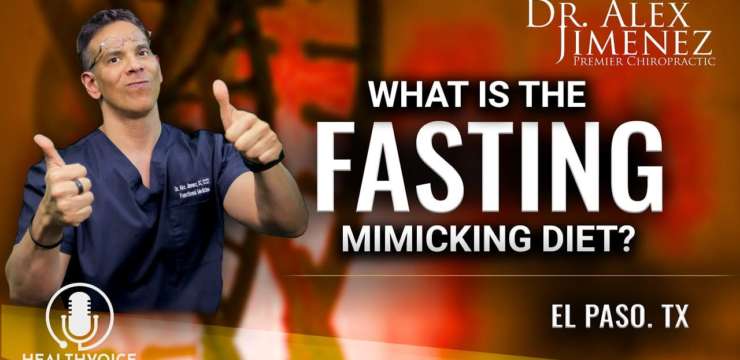
PODCAST: Dr. Alex Jimenez, chiropractor in El Paso, TX, and Victoria Hahn discuss the fasting-mimicking diet and the ProLon Fasting Mimicking Diet program developed by…
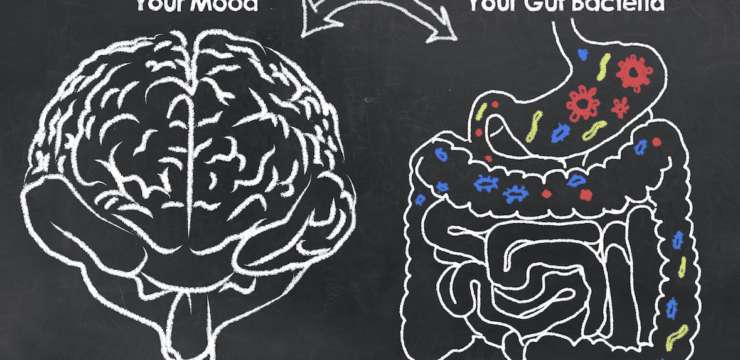
For many years, researchers have been uncovering the hidden connection between the gut and other organ systems. This connection was once originally thought to only…
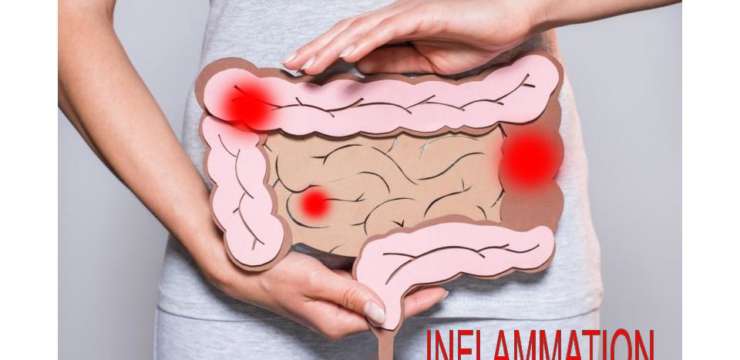
When you have a headache, joint pain, fatigue, allergies, or other occasional issues one of the first things we do is reach for an over…